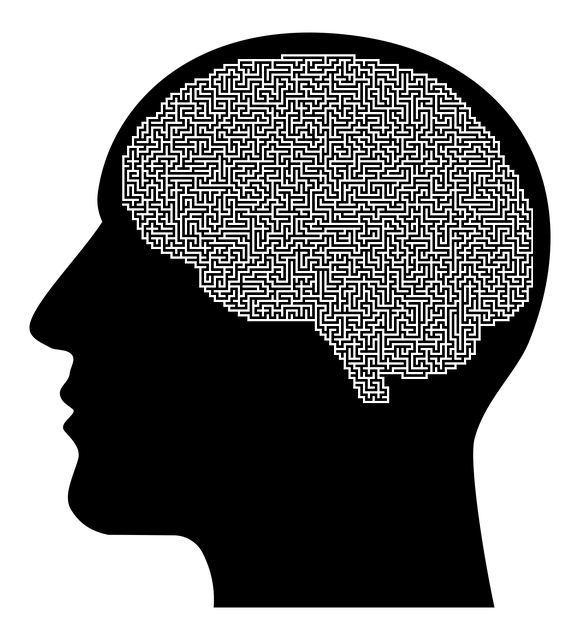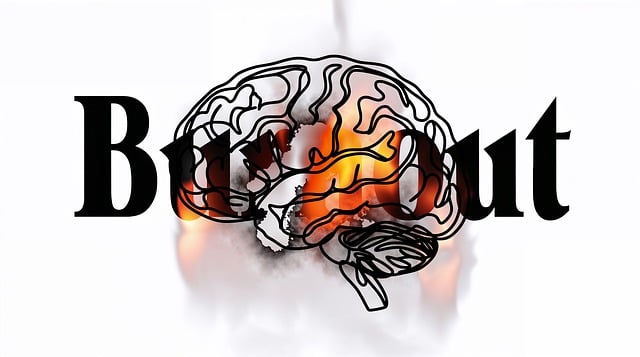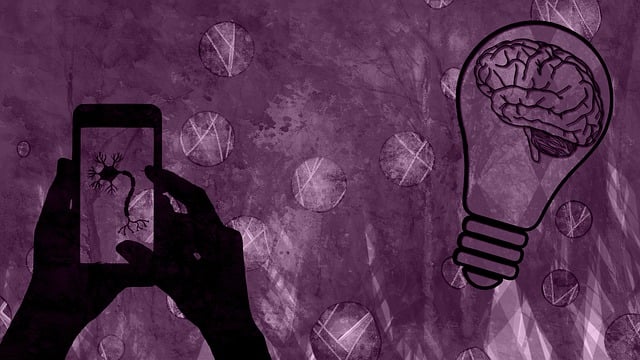Aurora Bariatric Evaluations Therapy (ABET) aims to demystify mental health, break stigma, and empower individuals through education and open conversations. ABET designs personalized curricula for diverse audiences like college students focusing on stress management and healthcare providers addressing body image issues. Integrating evidence-based practices, such as Mind Over Matter principles, cognitive reframing, case studies, role-playing, and expert lectures, ensures practical application and deeper commitment to therapy. Practical tools like mindfulness, stress management, and healthy lifestyle habits build resilience. Cultural competency training promotes diverse perspectives and healthier environments. Success is measured via comprehensive assessments, feedback integration for continuous improvement, and incorporating popular requests into emotional well-being promotion techniques.
“Unveiling mental health’s complexities begins with education—a powerful tool in breaking down stigma. This article guides you through crafting an effective program, ‘Aurora Mental Health Evaluations and Therapy’. We explore key aspects, from dispelling myths to tailored curriculum design, ensuring a personalized approach.
Discover how evidence-based practices, self-care strategies, and continuous improvement methods create a supportive environment. By integrating these components, the program aims to empower individuals on their journey towards better mental well-being, similar to a bariatric evaluation guiding physical transformation.”
- Understanding Mental Health: Unveiling Common Myths and Stigma
- Identifying Target Audiences: Personalized Curriculum Design
- Integrating Evidence-Based Practices: Effective Therapy Techniques
- Practical Tools for Self-Care and Coping Strategies
- Measuring Success: Assessment, Feedback, and Continuous Improvement
Understanding Mental Health: Unveiling Common Myths and Stigma

Understanding mental health is a crucial step in dismantling myths and breaking down stigma. In many societies, there still exists a veil of misconceptions surrounding psychological well-being, often leading to shame and isolation for those facing challenges. This section aims to unravel some common misconceptions and foster a more enlightened perspective on mental wellness.
By promoting self-awareness exercises and open conversations, the Aurora Bariatric Evaluations Therapy program seeks to empower individuals to recognize signs of struggle in themselves and others. Moreover, through community outreach program implementation, we aim to create a supportive environment where everyone feels safe to access resources and seek help without fear of judgment. This collective effort is vital in ensuring that mental health is no longer stigmatized but rather treated with the same compassion as physical health issues.
Identifying Target Audiences: Personalized Curriculum Design

When designing a mental health education program, identifying specific target audiences is a crucial step in ensuring its effectiveness. Different groups may require tailored curricula to address their unique needs and challenges. For instance, a program aimed at improving mental health literacy among college students will differ significantly from one designed for healthcare providers offering bariatric evaluations and therapy in Aurora. The former might focus on stress management and coping mechanisms for academic pressures, while the latter could delve into body image issues and emotional regulation specific to weight-loss surgeries.
A personalized curriculum allows for more engaging and relevant learning experiences. Incorporating topics like conflict resolution techniques can be beneficial for both audiences. For students, it teaches them healthy ways to navigate peer relationships and academic disputes. Healthcare providers, too, can enhance their practice by learning effective conflict resolution skills during sensitive patient interactions, especially when addressing sensitive subjects related to bariatric care. This tailored approach ensures that the mental health education program meets the specific demands of each target audience, fostering better outcomes and engagement.
Integrating Evidence-Based Practices: Effective Therapy Techniques

Integrating evidence-based practices is a cornerstone of any comprehensive mental health education program. By incorporating techniques that have been rigorously tested and proven effective, such as those used in Aurora Bariatric Evaluations Therapy, programs can offer students robust tools for helping individuals navigate complex emotional landscapes. These practices include Mind Over Matter principles, which emphasize the power of cognitive reframing and positive affirmations to enhance emotional well-being promotion techniques.
A crucial component of this integration is the risk assessment for mental health professionals, ensuring they are equipped to recognize and address potential challenges within their practice settings. Through case studies, role-playing scenarios, and expert lectures, students can learn to apply these evidence-based methods in real-world contexts, fostering a deeper understanding and commitment to effective therapy techniques.
Practical Tools for Self-Care and Coping Strategies

In designing a comprehensive mental health education program, practical tools for self-care and coping strategies are essential components. These include mindfulness exercises, stress management techniques, and healthy lifestyle habits tailored to individual needs. Incorporating such practices allows participants to develop resilience against mental health challenges. For instance, the Aurora Bariatric Evaluations Therapy program integrates these elements by teaching mindfulness meditation, encouraging regular physical activity, and promoting balanced nutrition. These strategies not only enhance overall well-being but also serve as effective burnout prevention measures for both clients and healthcare providers.
Furthermore, risk management planning is crucial for mental health professionals to ensure their own mental health and that of their patients. This includes learning to recognize signs of professional burnout, establishing clear boundaries, and seeking support when needed. The Healthcare Provider Cultural Competency Training also plays a significant role in promoting healthy coping strategies by educating professionals about diverse cultural perspectives and how they influence mental health practices. By equipping individuals with these practical tools, mental health education programs empower participants to manage stress effectively, thereby fostering a healthier and more productive environment for both personal growth and patient care.
Measuring Success: Assessment, Feedback, and Continuous Improvement

Measuring success is a vital component of any effective mental health education program. Similar to how Aurora Bariatric Evaluations Therapy assesses physical progress, mental health programs should incorporate comprehensive assessment tools to gauge individual and collective growth. This includes pre- and post-program surveys, interviews, and self-reported measures like Mental Wellness Journaling Exercises for tracking emotional well-being improvements.
Feedback is another key driver of success. Collectively analyzing participant experiences through focus groups or online surveys provides insights into what’s working and what needs improvement. Integrating this feedback allows for Continuous Improvement, enabling the program to evolve and better meet its participants’ evolving needs. For instance, introducing Emotional Well-being Promotion Techniques based on popular requests can enhance overall resilience building within the program.












